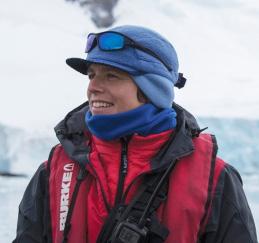
6 minute read
What Makes Aurora Expeditions Different?
Heidi Krajewsky
Home: Australia Years with Aurora: 8 Background: Heidi is the founding director of the Marine Education and Research Society and facilitates several significant research projects, including a large baseline study of marine mammals and seabirds. Favorite Expedition: She is looking forward to Aurora Expeditions heading to Northwest Passage and Alaska from 2022. Advice: Be out on deck as much as you can be.
Advertisement
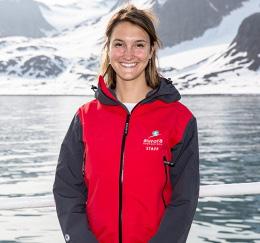
Elena Wimberger
Home: North America Years with Aurora: 8 Background: Elena is a certified polar guide and has backpacked 2,485miles (4,000 km) across the US, from the Mexican border to Canada, as well as through Patagonia and New Zealand. Favorite Expedition: Shackleton’s Crossing Advice: Get involved with as many activities and educational lectures as you can – there is so much to absorb!
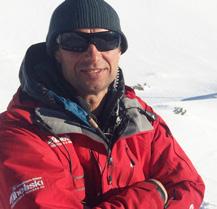
Tarn Pilkington
Home: New Zealand Years with Aurora: 17 Background: Tarn started skiing when he was four and has been on the slopes ever since. He is a year-round IFMGA ski guide, Air Ambulance Service crewman and Alpine Cliff Rescue Team member. Favorite Expedition: South Georgia with its huge peaks, wildlife, and lush vegetation. Advice: There is a great saying we share on board: there is plenty of time to sleep when you get home.
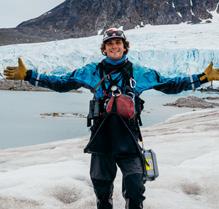
Daniel Stavert
Home: Australia Years with Aurora: 5 Background: With a love for both training and teaching, Daniel has spent over a decade leading groups in kayaking, climbing, and trekking in remote Tasmania, the islands of Scotland, and the coast of mainland Australia and Antarctica. Favorite Expedition: East Greenland Advice: Take a waterproof backpack so you can focus on experiencing every moment and not worry about the splashy waves!
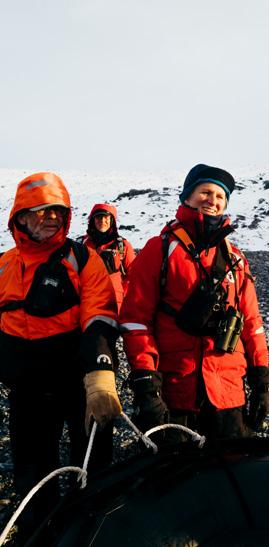
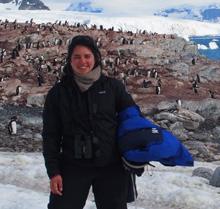
Dr. Laura Williams
Home: Australia Years with Aurora: 2 Background: Laura grew up on Kangaroo Island, where the beaches and wildlife sparked her love of nature. She works as an ecologist in the ACT, but clears her schedule each year to travel back to Antarctica as the Aurora Expeditions naturalist and ecologist. Favorite Expedition: Subantarctic islands Advice: Enjoy the expanse and adventure.
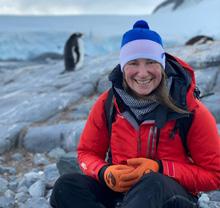
Liz Gifford
Home: North America Years with Aurora: 2 Background: Liz is an experienced dual polar guide with more than eight seasons in Antarctica as well as guiding in the arctic waters of Svalbard and Greenland, and specializes in sea kayak and photography instruction. Favorite Expedition: Southeast Alaska Advice: You don’t need to pack big lenses and cameras - the photos that I love the most I take with my phone because they capture a moment to remember.
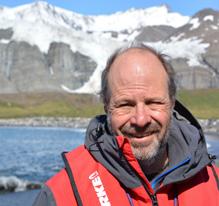
Alasdair McGregor
Home: Australia Years with Aurora: 11 Background: Alasdair is a Sydney-based painter, writer, and historian who has enjoyed a love of Antarctica and the Southern Ocean for more than 30 years. Favorite Expedition: South Georgia, it’s the total package. Advice: A photographic record is important but soaking up the surrounds with all the senses is vital!
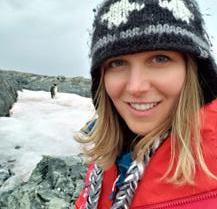
Dr. Ulyana Horodyskyj
Home: USA Years with Aurora: 2 Background: Ulyana has a unique blend of academia and experience in extreme environments, with extensive knowledge of geology, glaciology, astronomy and climate, alongside advanced experience in mountaineering. Favorite Expedition: Antarctic Peninsula Advice: Enjoy the landscape, pay attention to what you’re feeling and use your senses.
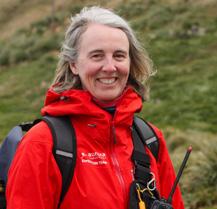
Dr. Liz Pope
Home: Australia Years with Aurora: 12 Background: Liz grew up across three countries, so naturally travel was going to become a big part of her life. She has completed many seasons in the European Arctic and across the world. Favorite Expedition: South Georgia, for its sheer volume of species of wildlife. Advice: Bring a sense of adventure, curiosity, and flexibility.
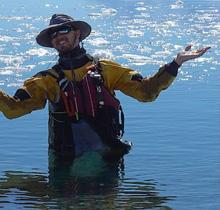
Toby Story
Home: Australia Years with Aurora: 15 Background: Toby has worked extensively as an expedition leader, education and guide trainer. He has a Masters in Wildlife and Fisheries Biology and also loves photography, climbing, running, and surfing. Favorite Expedition: Antarctica Advice: Go kayaking of course! There’s nothing like exploring the oceans of the world under your own steam.
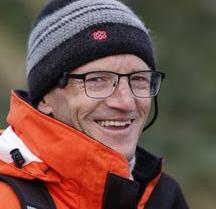
Stephen Anstee
Home: Australia Years with Aurora: 8 Background: Since 1996, Stephen has operated a variety of vessels from 92’ schooners to small ferries. He has spent many seasons in both Antarctica and the Arctic and is a certified Senior Polar Guide. Favorite Expedition: South Georgia. Advice: Bring your sense of adventure and enjoy your time at sea.
The Expedition Team in action
Your Chance To Become A Citizen Scientist
— Dr. Sylvia Earle, oceanographer, marine biologist, and explorer
Welcome to Aurora Expeditions’ exciting Citizen Science Program. We are truly committed to respectful and responsible travel, and we invite you to join us in helping to protect and preserve our majestic, but fragile, blue planet.
Every voyage of discovery by sea and land is led by experts, scientists, naturalists, and researchers who want to share their extensive knowledge, expertise, and passion for the natural environment with you.
By traveling with our experts, you will have the unique opportunity to participate in our Citizen Science Program, a hands-on, immersive, and transformative experience that will not only fire your imagination, but also show how you too can help to protect the beauty and majesty of our planet.
Forget any notions of stuffy old classrooms and sedate science lessons! Our Citizen Science Program is designed to be an inspirational forum of like-minded travelers who share new discoveries, ideas, and thoughts in a relaxed, informal, and fun environment – on board our ships, on our fascinating shore expeditions and also in our Zodiacs.
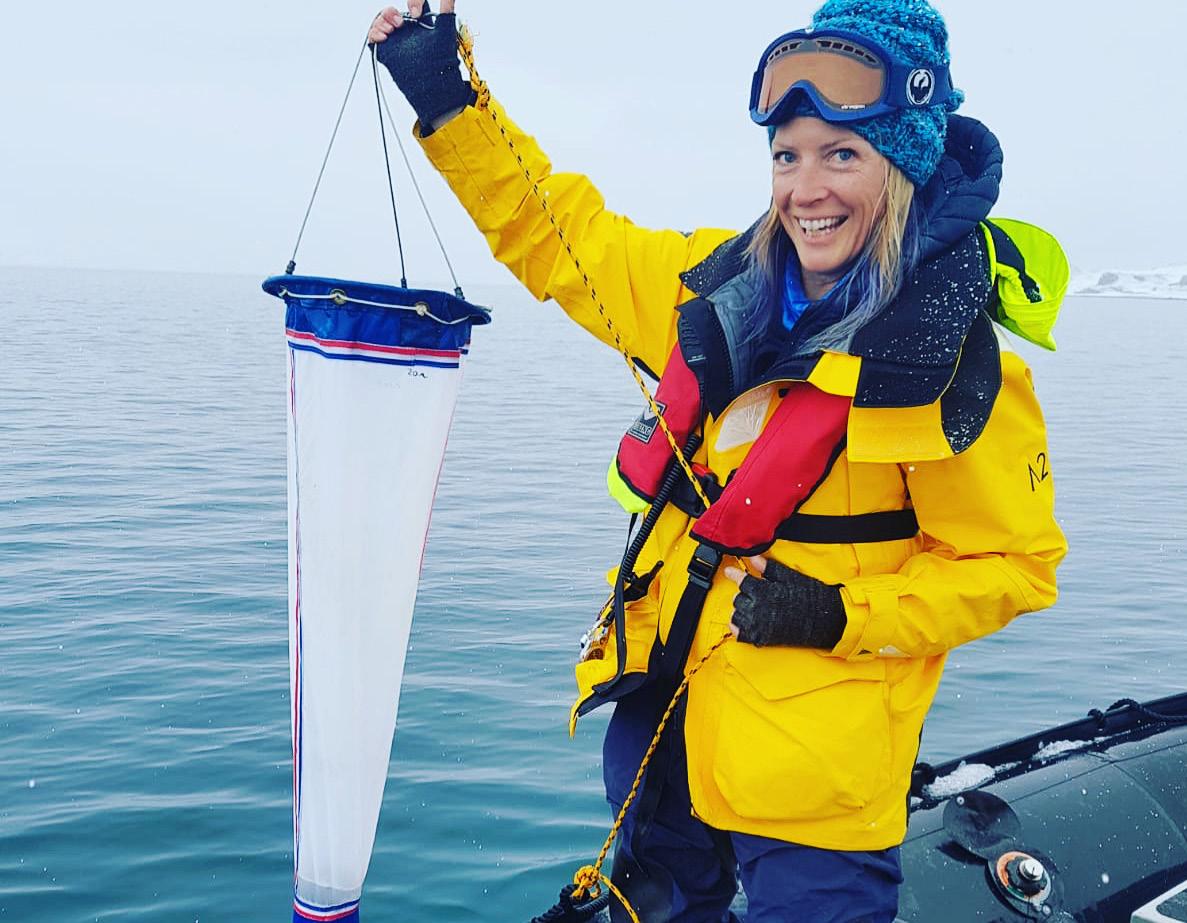
What is citizen science?
Citizen science is the collection and analysis of data relating to the natural world by members of the general public, typically as part of a collaborative project with professional scientists around the world.
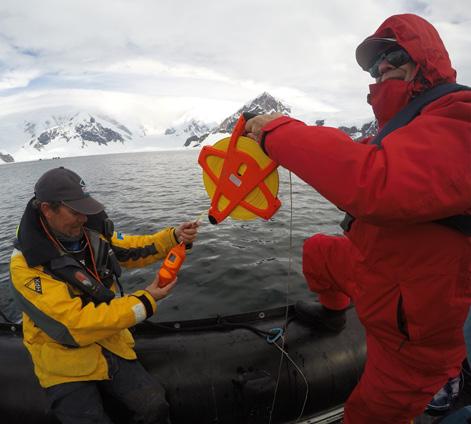
Why take part?
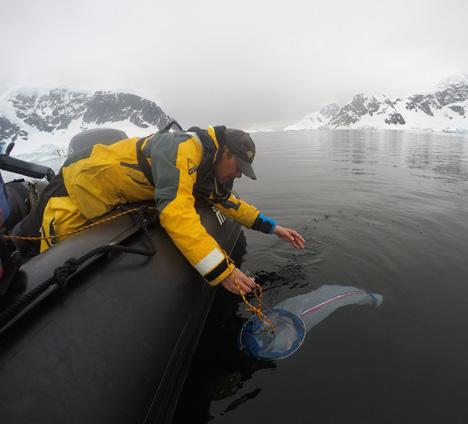
Aurora Expeditions travels to some of the unique and remote places on the planet. It is challenging for scientists to spend time in these areas, so any observations we contribute can be extremely valuable. Gathering and sharing data is also a great way to engage and educate ourselves in pressing issues that concern us at a local, regional, and global level.
How does it work?
Members of our passionate Expedition Team, together with a Citizen Science Coordinator, will be on hand to introduce and assist you with the projects being conducted on your voyage.
Expert guidance on the collection, storage, and sharing of new scientific data will not only greatly enhance your voyage experience, but help you gain more knowledge of our ever-changing natural environment.
From the biggest mammals to the smallest marine creatures, the important part you play in your Citizen Science projects will help protect and preserve the planet for generations to come.
Our projects
Our seven dynamic and diverse Citizen Science projects – focusing on whales, seabirds, microplastics, weather patterns, phytoplankton, polar fjordlands, and marine biodiversity – have been hand-picked for their groundbreaking work and global achievements:
• Happywhale • Seabird Surveys • Microplastic Survey • NASA Globe – Cloud Observations • Secchi Disk • Fjord Phyto • iNaturalist
Please note: As some of our Citizen Science projects are location–and weather-dependent, we cannot operate all of the projects on all voyages. We will endeavor to include as many projects as possible on your voyage with ample time allocated to them on a day-to-day basis.
© R. Gimore










